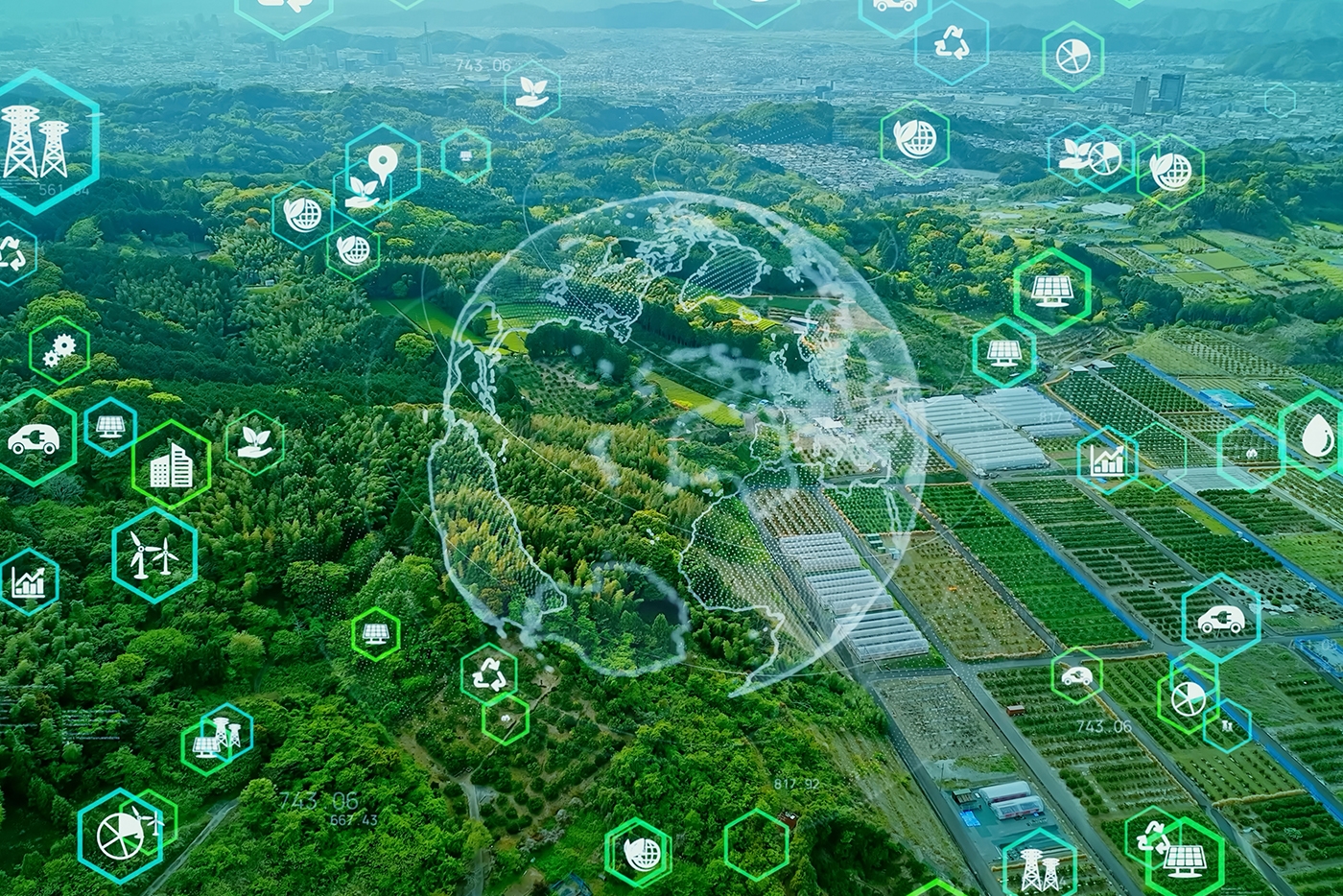Why Every Business Needs To Prepare For The Shifting Talent Pool
16 June 2022
As swiftly became clear during the pandemic, technology is enabling new ways of working, with many organizations adopting remote or hybrid working practices (not just during the pandemic, but for the long term). On top of this, we have increasing automation and a burgeoning gig economy.
The way we work is changing, in other words. And this will impact both recruitment and the employee experience.

The end of traditional, full-time employment?
In their book, The Human Cloud, Matthew Mottola and Matthew Coatney describe a new way of work in which AI and the freelance economy combine to transform productivity. They argue that traditional full-time employment will be a thing of the past as organizations shift to hiring people on a contract basis – with those contractors working remotely.
Whether or not their prediction plays out in full, there’s no doubt that some major trends will affect how organizations recruit talent going forward:
- In the wake of COVID-19, 84 percent of employers said they were set to rapidly digitize working processes and, in turn, expand remote working – with the potential to move 44 percent of their workforce to remote working.
- More and more people are now “gig workers.” In the US alone, more than one-third of workers (36 percent) participate in the gig economy, and more than 90 percent would consider freelancing.
- Seventy-five percent of the workforce will be represented by millennials by 2030. And millennials are very comfortable participating in the gig economy; almost half of all millennials use gig economy platforms to find work.
This general shift towards remote working and freelance or gig working means the talent pool is now truly global. Your next hire could literally be located anywhere in the world. They could be a freelance contractor or a flexible gig worker, or a full-time employee who works remotely 100 percent of the time.
The advantages for employers are obvious. For one thing, you’re no longer at the whim of local labor markets; employees don’t have to be in the same city as your business, or willing to move. Certainly, there’s no doubt in my mind that this opening up of the talent pool is a positive shift, particularly in terms of diversity, but it will require organizations to rethink their hiring strategies and employment models.
Quick case study: How Unilever is adapting its employment models
Unilever is on a mission to create new ways of working that better suit the business and the people who work for it. For example, there’s:
- U-Work. This employment model gives people the flexibility they’d typically expect from contract work, with the security and benefits that come with a permanent position. People in U-Work don’t have fixed roles. Rather, they work on varying projects, and between these assignments, they're free to focus on non-work priorities. U-Workers get paid per assignment, just like contractors, but they also get a monthly retainer and benefits (whether or not they're currently working on an assignment). U-Work is already live in a number of locations around the world, including the UK, Australia, New Zealand, Malaysia, Spain, and Russia.
- Hybrid working. Unilever is developing hybrid working options that will help employees balance work and home life, such as working in the office for a couple of days a week, and working at home (or wherever) for the remainder.
- Four-day week. In New Zealand, Unilever is trialing a radical approach where employees work for four days a week but get paid for five days. The approach is based on the 100:80:100 logic, in which people keep 100 percent of their salary, work 80 percent of the time, and still deliver 100 percent of their output. If the trial is successful, Unilever says it will extend the initiative to other offices and countries.
I love the way Unilever's approach focuses on output, not the number of hours worked or the amount of time employees spend in the office, and I hope we'll see many more employers adopt more flexible employment models like these.
Continuing to provide a great employee experience
Whether you're hiring employees or contractors, remote team members, or office-based workers, you want talent to stay with the organization. (After all, thanks to the gig economy, contract and project work, and companies embracing remote working, there's no shortage of options out there for unhappy employees looking to move on.) Bottom line, if you want people to stay with the organization, you need to provide a great employee experience. But as working practices change and the workforce itself evolves, maintaining a great employee experience will be a challenge for many employers.
To be clear, employee experience is different to employee engagement – although a good employee experience obviously leads to higher engagement. Rather, the employee experience encompasses everything that occurs in the employee lifecycle, from the recruitment process to the final day working for the company. Perhaps a more digestible way to consider the employee experience is via:
- Organizational culture. This epitomizes what it means to work for the organization. Key considerations for the future here are embracing inclusivity and cultivating a lifelong learning mindset that enables people to succeed as the nature of work changes.
- Because, if people don’t have the tools they need to do their job – wherever they’re located – motivation will fall off a cliff. Therefore, this aspect is all about enabling people to do their jobs successfully, but also providing the technology that enables employees to work how they want, which increasingly will mean remotely (if only for some of the time).
- Physical work environment. These days, this isn’t just about making sure the workplace itself is a good place to spend time; it’s also about making sure those working from home are in the right environment.
Read more about these and other future trends in my new book, Business Trends in Practice: The 25+ Trends That are Redefining Organizations, which has just been awarded Business Book of the Year 2022.
Also, make sure to subscribe to my newsletter and follow me on Twitter, LinkedIn, and YouTube.
Related Articles
The 5 Biggest Risks of Generative AI: Steering the Behemoth Responsibly
In our contemporary world, the pressures of the professional sphere often encroach upon our personal space, giving rise to stress and an overwhelming sense of dread.[...]
3 Ways To Reinvent Your Products And Services For The Future
With the rise of the metaverse and web3 technologies, there’s no denying the next evolution of the internet is already underway.[...]
Virtual Influencer Noonoouri Lands Record Deal: Is She The Future Of Music?
Teenage influencer Noonoouri has 400,000 followers on Instagram and has starred in fashion campaigns for Dior, Balenciaga and Valentino.[...]
Managing Stress at Work: 5 Top Tips Anyone Can Follow
In our contemporary world, the pressures of the professional sphere often encroach upon our personal space, giving rise to stress and an overwhelming sense of dread.[...]
How Can We Use AI to Address Global Challenges Like Climate Change?
As climate change continues to pose an enormous threat to our planet, we must explore innovative solutions that can help mitigate its impact.[...]
Sign up to Stay in Touch!
Bernard Marr is a world-renowned futurist, influencer and thought leader in the fields of business and technology, with a passion for using technology for the good of humanity.
He is a best-selling author of over 20 books, writes a regular column for Forbes and advises and coaches many of the world’s best-known organisations.
He has a combined following of 4 million people across his social media channels and newsletters and was ranked by LinkedIn as one of the top 5 business influencers in the world.
Bernard’s latest book is ‘Generative AI in Practice’.










Social Media